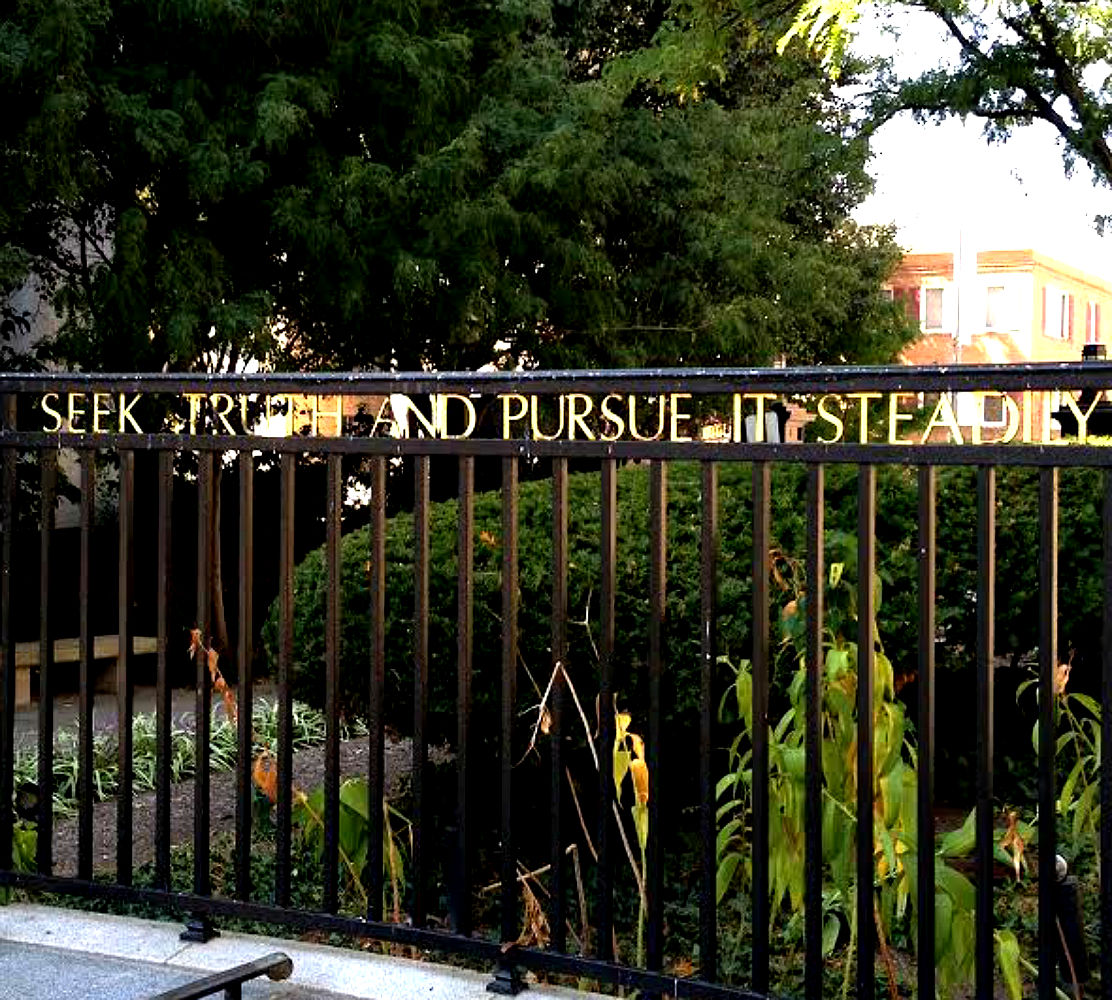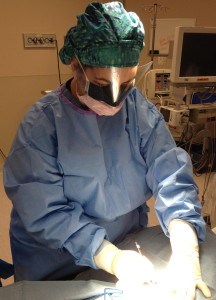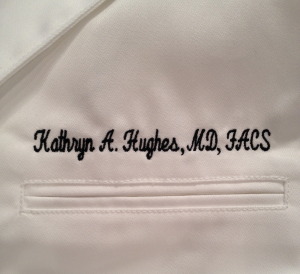“Isn’t she…isn’t she pretty in pink?” – Psychedelic Furs, Pretty in Pink
October in New England. The sky is a brilliant blue, the leaves on the trees are turning impossible shades of orange, yellow, and red.
October is Breast Cancer Awareness Month, so in addition to the brilliant fall colors all around, people are wearing pink clothing and pink ribbons, and products on store shelves has been packaged in pink wrappers. Professional sports teams wear pink. Hospital, civic, and community organizations sponsor special Breast Cancer programs and often have pink treats and pink giveaways to reinforce the message.
One’s inner cynic can easily rise to the surface, and it’s easy to unleash a bit of snark at this pink-splashed world every October. From the little annoyances like markups and surcharges on items because they are repackaged in pink, to the big scandals and exposes on breast cancer organizations who support exorbitant CEO salaries or only spend pennies-on-the-dollar on research, support, prevention, or treatment. And really, who isn’t aware of breast cancer already? (Final person has been made aware of Breast Cancer, from this recent satiric post). I’m really not a “pink” kind of girl, studiously avoiding it for most of my life, so I appreciate those who find pink cringe-worthy.
Not that long ago as a young surgeon in-training and later as a young attending, when I wore my pink ribbon pin people would ask me what it meant. Specifically, doctors asked me about it, and more specifically, other surgeons asked about it. Mostly male surgeons, but then, surgeons were and are still mostly men. Women patients, women physicians, and women surgeons had started to wear the ribbons to raise awareness and show support, but it was relatively small number of people. Breast Cancer was felt to be a women’s disease (although it affects men too), and there were not a lot of options or even challenges to the surgery or for the treatment. Surgeries were deforming, medications made patients quite ill, and outcomes could be depressing and disheartening.
How times have changed.
Continue reading



